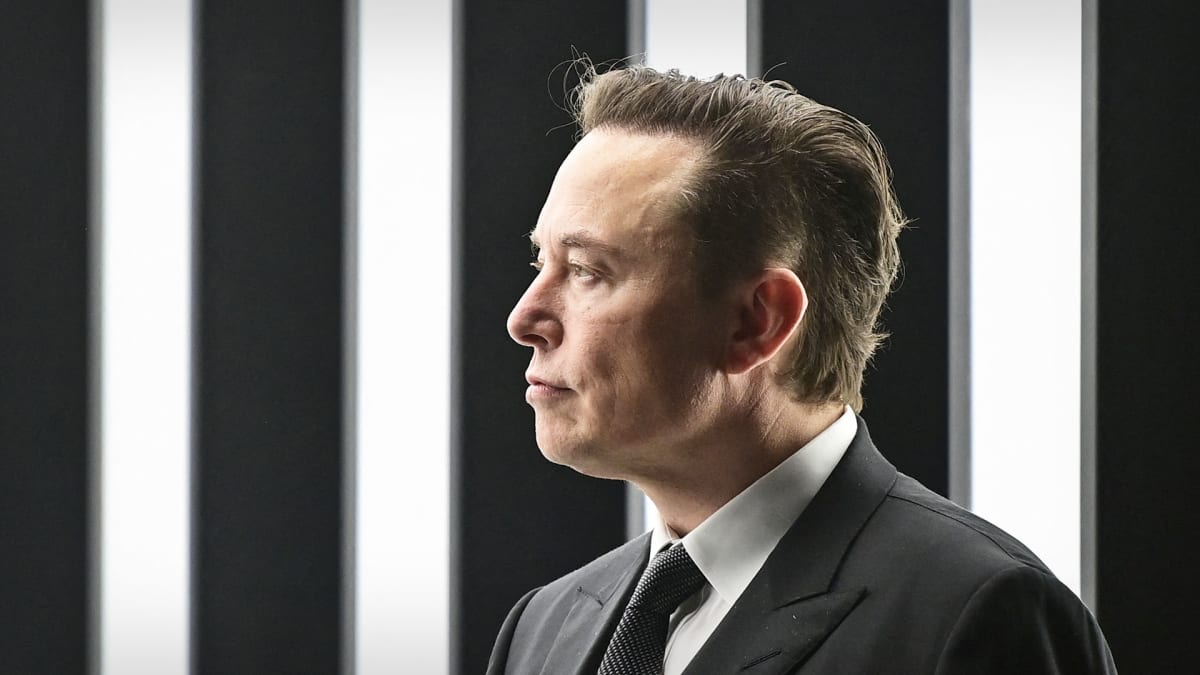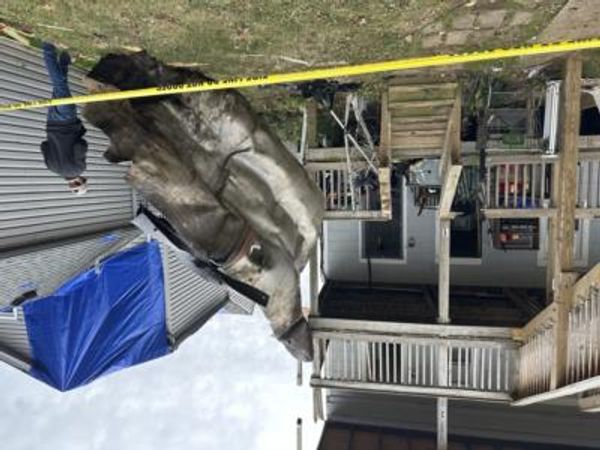
In many Western countries, the debate over the ecological emergency often boils down to ecology versus agriculture, cities versus countryside. This is particularly the case in Ireland, whose national specificity in terms of greenhouse gases explains why the debate on the reduction of polluting emissions has long been an extremely controversial subject, which is widening a gap between the capital, Dublin, and rural areas.
About 38% of national greenhouse gas emissions in Ireland in 2021 were due to agriculture, according to the local Environmental Protection Agency. The country is lightly industrialized and, moreover, its agricultural sector is largely based on cattle breeding, which is particularly polluting, in particular due to the massive emission of methane by ruminants.
Big Controversy in Ireland
Methane is considered the second largest contributor to the greenhouse effect after carbon dioxide (CO2). It is said to be 'a powerful but short-lived climate pollutant that accounts for about half of the net rise in global average temperatures since the pre-industrial era," according to the Global Methane Pledge.
Consumers tend to think that reducing emissions means shutting down coal-powered plants, using electric vehicles, and increasing the use of solar and wind power, each of which comes with significant cost. But these are not the only policies being considered.
In 2021, a major international agreement was signed. The United States, the European Union and more than 100 countries committed to reduce global methane emissions by at least 30% from the 2020 levels by 2030, which could eliminate over 0.2˚C of warming by 2050. In Ireland, reducing methane emissions means reducing the number of livestock, especially sheep and cattle.
This policy has caused enormous anxiety among farmers. The Farming Independent just reported that to fight the climate emergency, the Irish government wants to eliminate 200,000 dairy cows. The cows would have to be "culled" at a cost of 600,000 euros to taxpayers over the next three years, to meet climate emissions targets.
The Farming Independent says its information comes from an internal government document obtained through a freedom-of-information request. Faced with the controversy caused by this article, the Department for Agriculture said that the document was a "modeling document."
But for Elon Musk, the global CEO who promises a sustainable energy economy, a policy of reducing polluting emissions by killing livestock is useless. This is what the boss of the electric vehicle manufacturer Tesla has just declared when commenting on the information from The Farming Independent.
'This Really Needs to Stop'
"The push to end life, of both animals and humans, in the name of “climate activism” is fundamentally evil," a Twitter user posted on June 3. "Ireland Looking To Kill 200,000 Cows To Fight Climate Change."
"This really needs to stop," Musk commented. "Killing some cows doesn’t matter for climate change."
Musk's position is likely to reassure farmers, because the tech mogul is one of the great defenders of the planet he wants to save with his various companies -- Tesla, The Boring Company and SpaceX.
Ireland has around 2.5 million dairy and beef cows according to the June Irish Livestock Survey published by the Agriculture and Horticulture Development Board. Emissions from farmers are continuously rising in the country, which has pledged to reduce the sector emissions by 25% by 2030. The government has estimated that 0.45 metric tons of carbon dioxide equivalent emissions could be saved for every 100,000 dairy cows eliminated.
Musk has been sending signs of support to farmers over the past few months, while politicians and climate activists want them to abandon the use of fertilizers and other products that contribute to global warming. Nitrogen is a greenhouse gas emitted in particular by fertilizers and livestock effluents.
For Musk, the defense of the climate at the cost of farmers losing their jobs is unacceptable.
"I’m super pro climate," Musk said on March 6."But we definitely don’t need to put farmers out of work to solve climate change. Not at all."
The message of support was posted after a protest movement by Belgian farmers. The farmers opposed the Flemish government's plan to reduce nitrogen emissions and its threat to close the farms deemed to be the most polluting.
Nitrogen is a greenhouse gas emitted in particular by fertilizers and livestock effluents.







